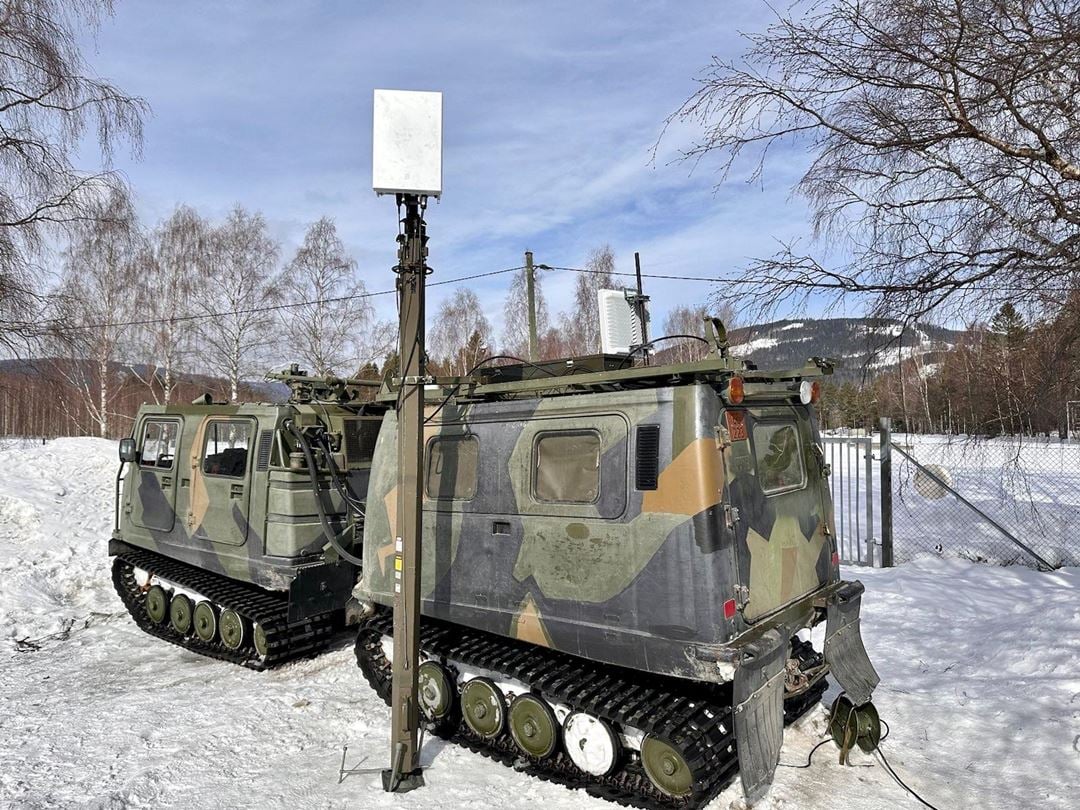Communication solutions used by the Armed Forces today are in many ways less advanced, have lower performance and are less user-friendly than civilian 5G technology. It is therefore a stated goal that the Armed Forces in Norway and in Europe in general should increasingly use 5G in defence operations and in international peacekeeping operations.
However, the Armed Forces have requirements to a communication system that goes beyond those for civilian use, e.g., related to security (jamming, eavesdropping, detectability, etc.), robustness and being able to quickly set up and move tactical (private) networks. The communication network must be usable by all branches of the armed forces (army, air force and navy), and interoperable with military communication solutions already in use. It must be easy for armed forces from different countries to communicate via the system in international operations, and it must also be usable by the Home Guard and together with civilian emergency agencies. In this project, the requirements set by the European Armed Forces for a mobile network will be compared with what 5G can offer through 3GPP standardization. Solutions will then be evaluated and validated through physical tests and demos.
The project has a budget of approximately 37 M€ and is coordinated by Saab. It has 19 partners and 4 subcontractors from 12 countries. From Norway, in addition to SINTEF, Telenor and FFI are participating. The Armed Forces, through the Norwegian Defence Material Agency, are involved as a stakeholder. SINTEF's contribution to the project lies primarily within work packages related to use cases, system requirements, system architecture and security.

